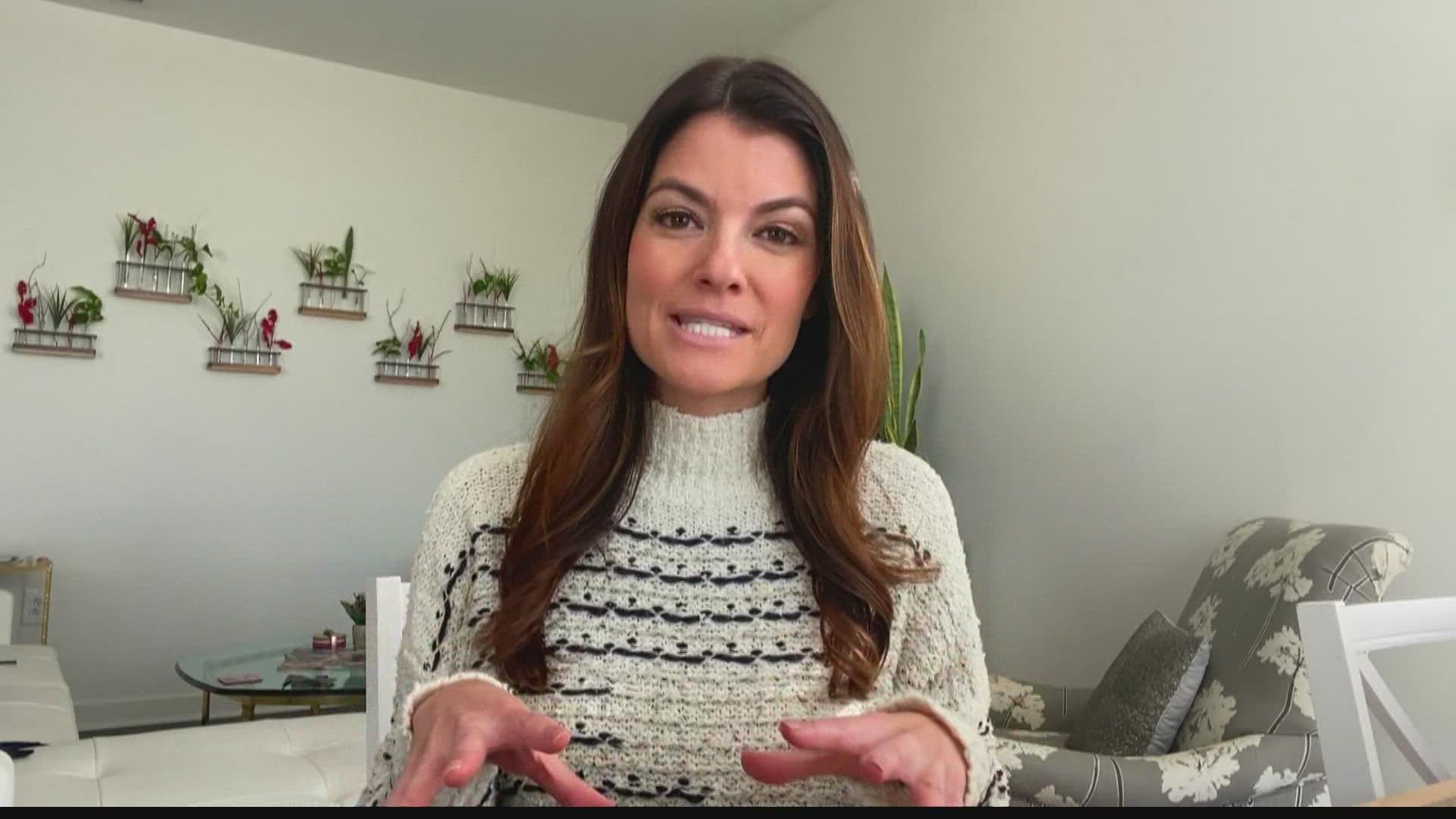INDIANAPOLIS — We're hearing a lot right now about the Federal Reserve hiking interest rates.
But what does that mean for our wallets, and is there anything we should do sooner rather than later?
The Fed meets eight times each year to to take the economy's temperature and act accordingly, pulling levers to either boost economic growth or slow it down when necessary. With inflation up, the economy doing well and unemployment below 4%, it's time to start pressing the brakes.
Bankrate.com's Greg McBride said pressing the brakes comes in the form of interest rate hikes, and the first could take effect as early as March.
If or when this happens, fixed loans like your mortgage or car payment won't be affected. But debt with a variable rate - rates that can change - will be.
Credit cards, home equity lines of credit and some private student loans tend to be variable rate. That's where households are going to see the most direct effect of rising rates, and the most immediate impact.
If you can swing it, pay off that type of debt before it gets more expensive.
If that's not realistic, grab one of those 0% or other low-rate balance transfer offers. This does two things. One, is it insulates you from the rate hikes we expect to see over the course of the next 12 to 18 months. But it also gives you a runway without interest, where you can get that credit card debt paid off once and for all.
If you don't have variable debt and you're in good financial shape, this shouldn't affect your wallet, day to day.
What other people are reading:

